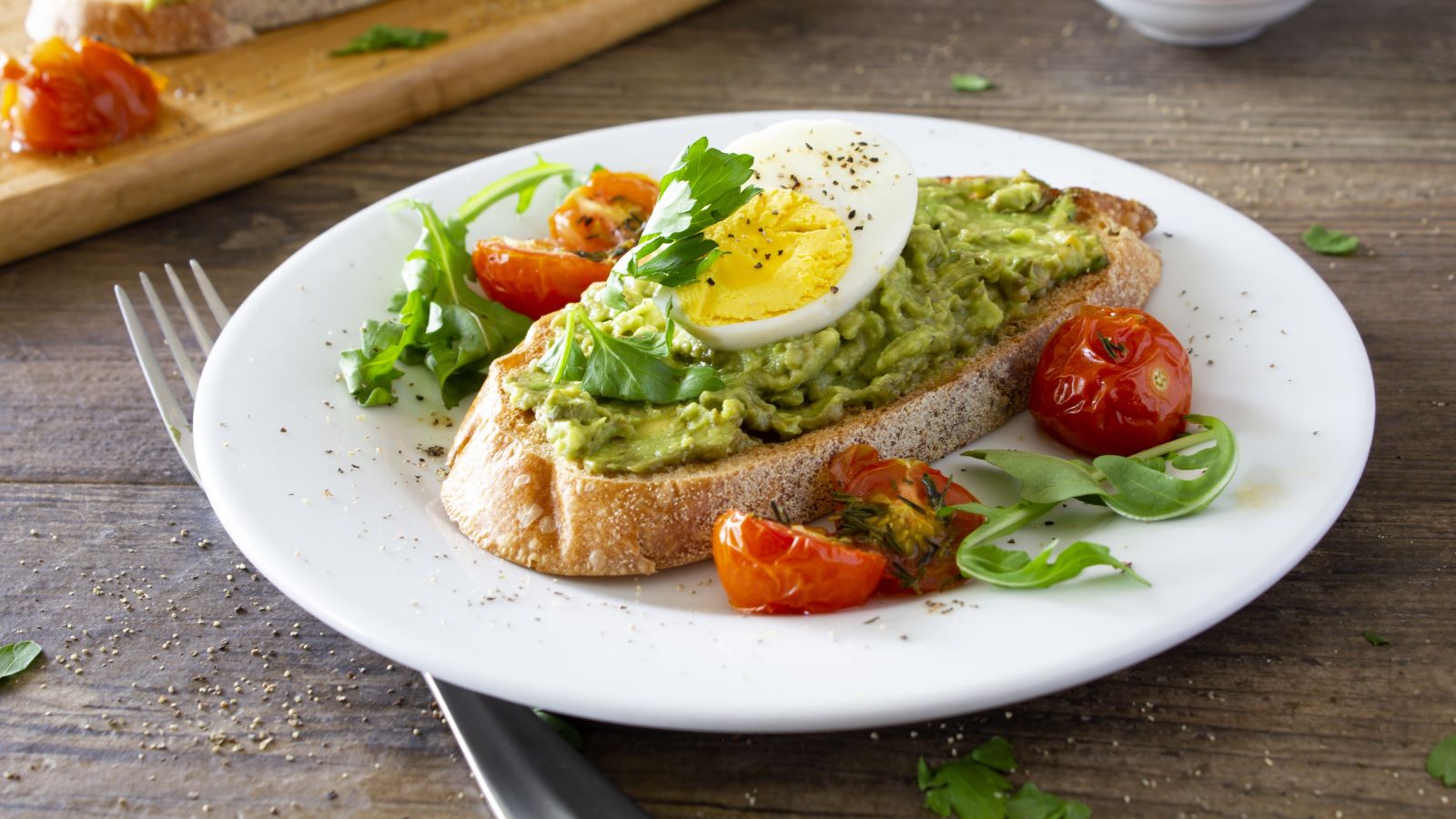<< Back
4 Ways to Speed Up Your Metabolism

January 17, 2024
A slow metabolism often takes the blame for weight loss struggles. If only there was a way to speed things up, allowing you to enjoy your favorite foods while still shedding a few pounds.
The good news, according to one expert, is that it’s possible. But it isn’t easy.
Here are four ways to speed up your metabolism through healthy habits.
1. It starts with a healthy diet.
Surprise, surprise – a faster metabolism starts with a healthy diet.
Balanced meals and snacks, which include carbs, fat, protein and fiber, can help maintain muscle-to-fat ratio, says Melissa Keeney, RDN, clinical nutrition manager at St. Vincent’s Medical Center.
And no need to ditch the coffee or tea – it may actually be helping to speed things up.
“There’s some research supporting the role that caffeine plays in speeding up your metabolism,” she adds.
> Related: 4 Ways to Add Vegetables to Your Diet – Even If You Hate Them
2. But a healthy diet doesn’t mean a restrictive diet.
But just because your diet is healthy, doesn’t mean you should limit how much you eat.
“Diets that are too low calorie or that restrict consumption will actually slow down your metabolism. It all goes back to prehistoric days – eat too little, and your body will think you’re starving. So make sure you’re getting enough to eat, or your body will start storing calories to conserve energy,” says Keeney.
And it matters when you eat, too.
“Your metabolism slows down while you sleep, and doesn’t ramp up again until you eat. That’s why it’s so important to eat breakfast,” Keeney adds.
That’s why intermittent fasting can be harmful – especially for women, whose hormones can be affected.
“Instead, aim to eat within an hour of waking up. You should eat every three or four hours to keep your metabolism steady over the course of the day,” she notes.
3. Exercise plays a role, too.
In general, exercise will raise your metabolism, says Keeney. But certain types of exercise may increase your metabolism for hours after your workout.
“Strength training can improve metabolism, because muscle burns energy at rest. If you have more muscle, you’ll burn more calories resting,” she notes.
And if lifting isn’t for you, there are plenty of other options.
“High intensity interval training (HIIT), a protocol offering short periods of explosive anaerobic exercise with brief recovery, has been shown to increase metabolism. Exercise ‘snacks,’ which are small spurts of exercise over the course of the day, can also help,” says Keeney.
But don’t forget to fuel up before working out.
“Your body uses most of its glycogen (or carbohydrate) storage overnight. If you don’t have carbohydrates to eat, your body will use protein instead to fuel your workout, which can cause you to lose muscle mass,” she adds.
4. Get plenty of rest.
And don’t forget rest. Getting enough sleep, it turns out, can also speed up your metabolism.
“If you aren’t getting enough sleep, you may eat extra to compensate for your lack of energy,” says Keeney. “It can certainly impact eating behaviors.”
To feel your best, aim for six to eight hours of sleep.